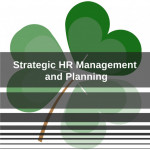- The Power of People: Learn How Successful Organizations Use Workforce Analytics to Improve Business Performance
- First, Break All The Rules: What the World’s Greatest Managers Do Differently
- HR from the Outside In: Six Competencies for the Future of Human Resources
- Friend & Foe
- People Skills: How To Assert Yourself, Listen To Others, And Resolve Conflicts
A good HR specialist is constantly improving professional skills, honing practice, and delving into theory. You can find out more about what methods of personnel management are used by leading HR managers from the modern specialized literature. BrainyHR presents to you a list of the top 5 books for HRs.
The collection of literature useful to all HR professionals contains the bestsellers of the past several years. Among them are books for HRs from the best foreign authors: managers, economists, psychologists, and successful business leaders.
-
The Power of People: Learn How Successful Organizations Use Workforce Analytics to Improve Business Performance
By: Nigel Guenole, Jonathan Ferrar & Sheri Feinzig
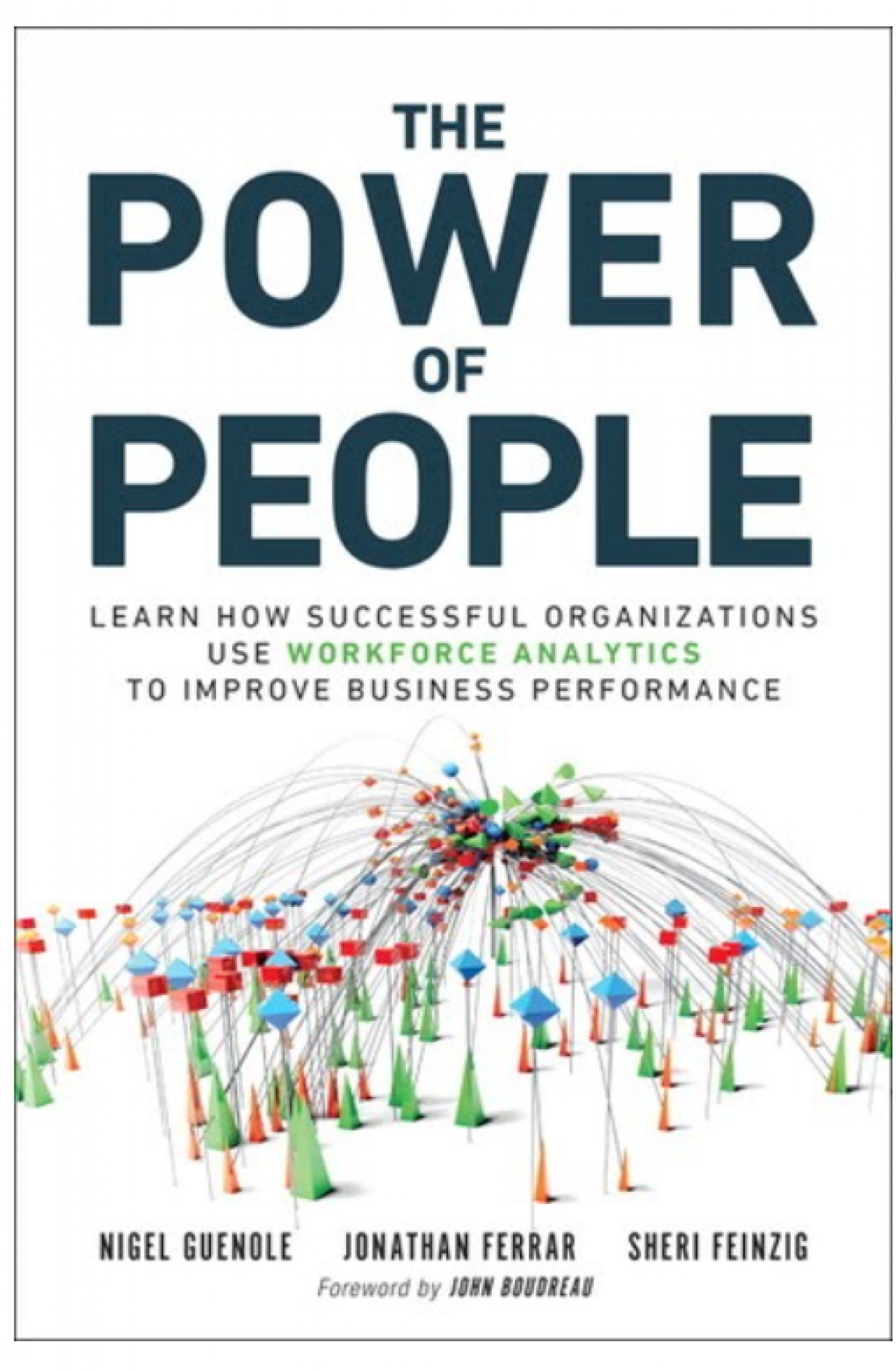
Contributors Nigel Guinole, Jonathan Ferrar, and Cherie Feinzig are respected consultants in HR strategy, employee analysis, and organizational change. The Power of People: Learn How Successful Organizations Use People Analytics to Improve Efficiency explores employee performance and how organizations use it to drive decisions, improve business, and increase productivity.
Reinforcing the change is the culmination of the efforts of the entire organization, often supported by consulting, training, and coaching for better results. In today's dynamic environment, it is a necessity.
-
First, Break All The Rules: What the World’s Greatest Managers Do Differently
By: Marcus Buckingham, Curt Coffman
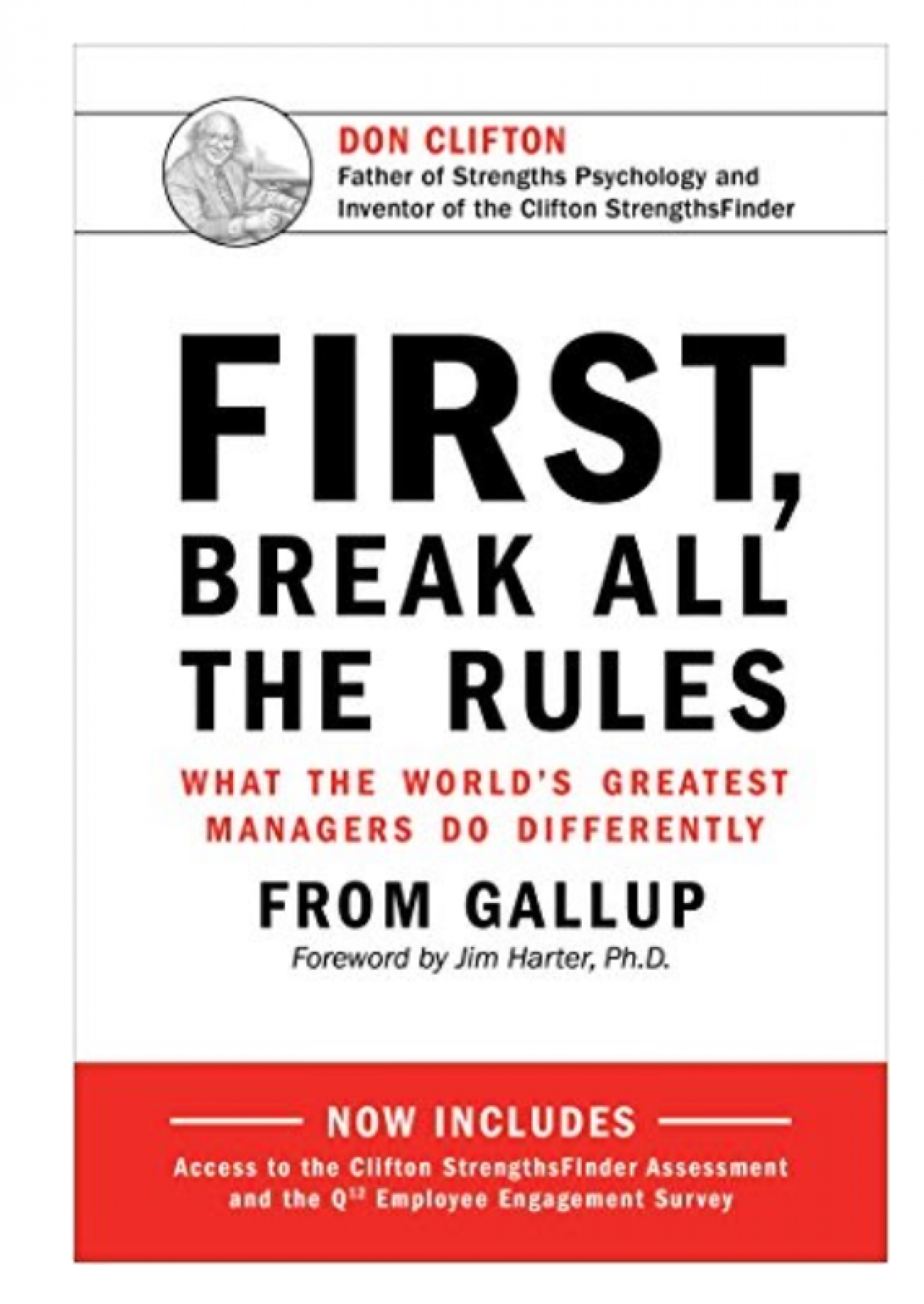
This book is the result of a quarter-century of development by the Gallup Institute. The first study aimed to find out how the most talented people see their work. Over a million people were interviewed from various companies, industries, and countries. We inquired about all aspects of their work and then carefully analyzed the answers to identify the main criteria.
In the course of the work, many discoveries were made, but the most significant can be summarized as follows: you need outstanding leaders. While there may be several decisive factors at first (the charisma of the company's leaders, generous remuneration, super-modern training programs), however, the duration and productivity of his activities primarily depend on his immediate boss.
The question arises: how do managers manage to find, use, and retain talent? For the answer, we turned to the primary source - private enterprises, joint-stock companies, and public sector organizations - and interviewed managers. We asked for their business results (turnover, profit, customer satisfaction, employee turnover, and survey data) to help us identify the best managers.
-
HR from the Outside In: Six Competencies for the Future of Human Resources
By: Dave Ulrich, Jon Younger, Wayne Brockbank and Mike Ulrich
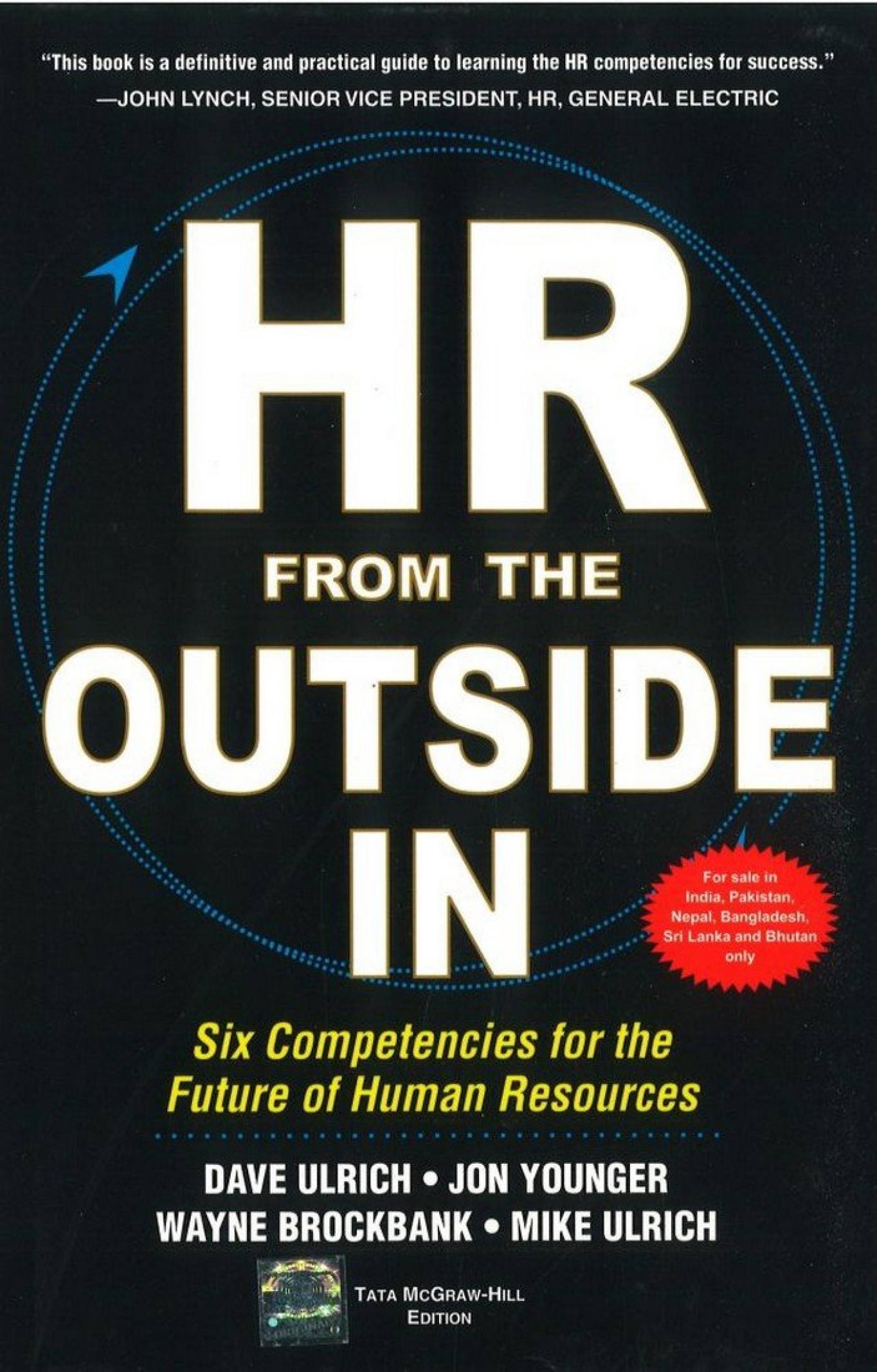
Dave Ulrich, a Western guru and author of books on HR management, shares his thoughts on six HR professional competencies that are relevant in the coming years. HR has a rich history, but the future is even more exciting. Over the past half-century, it has overcome three waves of development. And now the fourth wave becomes noticeable.
The first wave brought up the administrative component in the work of HRs. They focused on creating a work environment, providing human resources services, and regulatory compliance. Eichar justified his "administrative and business utility." They continue to carry out administrative work to this day, only today they have the opportunity to attract outsourcing and various technological solutions to help themselves.
The second wave is associated with the emergence of innovative practices in recruiting, training, building communications, etc. Innovations have touched on recruiting, motivation, succession planning, and other areas. Each of these HR practices became innovative in terms of what and how to do it. These practices have integrated with each other.
The third wave involved linking individual and complex HR practices with the business through strategic approaches. In recent years, HRs have worked to link their work to business strategies or goals. This work expanded HR practices and made it possible to focus on specialists' attention on talents, development of corporate culture, and leadership in the company. Taking into account the business strategy, HRs make decisions in the assessment of personnel and the development of talents, corporate culture, and leadership. On this wave, HR professionals are converting specific strategies into HR priorities to help deliver on strategic promises.
The economic crisis, globalization, technological innovation, and other changes that we have witnessed in recent years have challenged HR people. And how do they respond to this challenge? Differently. Some want to look back and strengthen their administrative functions, while others are looking to focus on targeted HR practices. Western gurus see new horizons in their work.
The fourth wave in the development of HR is associated with the reaction to market conditions. Dave Ulrich calls this function “HR outside-in”. HRs will have to go beyond strategies to fit their work into the business context. At the same time, the three previous stages characterize work that still needs to be done perfectly: HR administration should be flawless, HR practices should be innovative and comprehensive, and the actions of HR specialists should have a strategic component.
As it turned out, a study conducted by Dave Ulrich and his team, in order for HRs to perform the functions of the first three stages and be successful in the fourth, they need to master 6 competencies. The conclusions are based on the responses received from 20 thousand respondents around the world. Participants (HR specialists and members of HR associations) assessed HR competencies based on 140 behavioral descriptions and skills.
-
Friend & Foe
By Adam Galinsky and Maurice Schweitzer
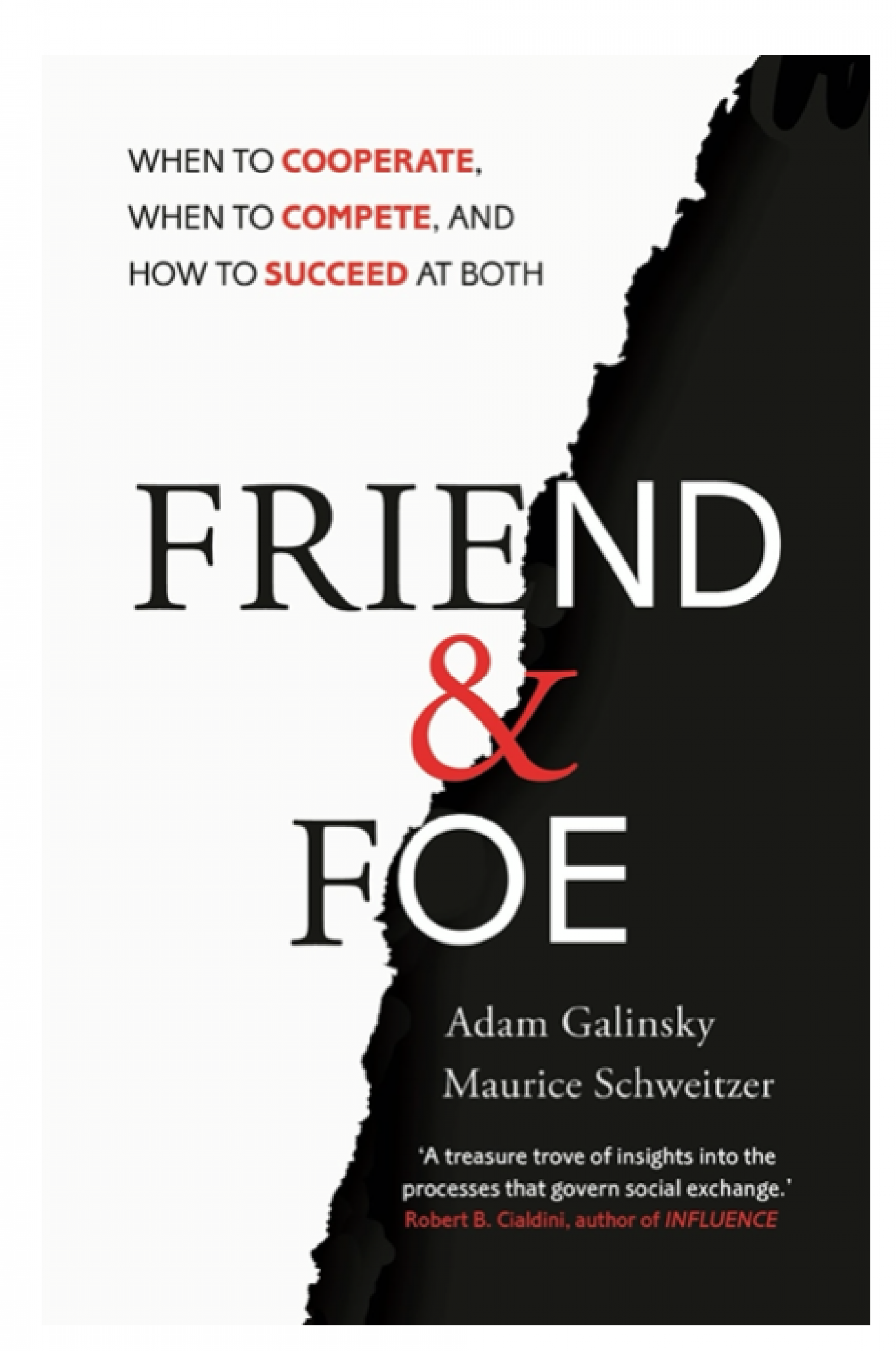
Adam Galinsky, an organizational psychologist at the Wharton School of Business, explores behaviors that foster independent thinking. His new book “Originals. Originals: How Non-Conformists Change the World challenges many beliefs about how to find and implement high-quality ideas.
Should you smile when signing a contract or completing business negotiations? Not worth it, according to the new book Friend or Foe. When to Cooperate, When to Compete, and How to Succeed in Both ”(Friend or Foe: When to Cooperate, When to Compete and How to Succeed at Both) by Adam Galinsky of Columbia University School of Business and Maurice Schweitzer of Wharton Business School. If you look too happy at the end of the negotiation, the other side will feel like they may have been fooled. Better to "lower your head a little and signal that it was a difficult decision for you and for the other side it is more profitable." This builds trust and increases the likelihood of a successful business relationship in the future.
For Galinski and Schweitzer, to be successful when interacting with others is very difficult, both competition and cooperation are necessary to some extent. When discussing the concept of power, they note that there is tension between these two states. The feeling of power makes people more confident and optimistic, but, on the other hand, promotes risky decisions and neglect of the interests of others - that is, it interferes with cooperation. During the experiments, the participants in the “boss” role were significantly more likely to reward themselves than others. The "employees" behaved in the opposite way.
-
People Skills: How To Assert Yourself, Listen To Others, And Resolve Conflicts
By Robert Bolton
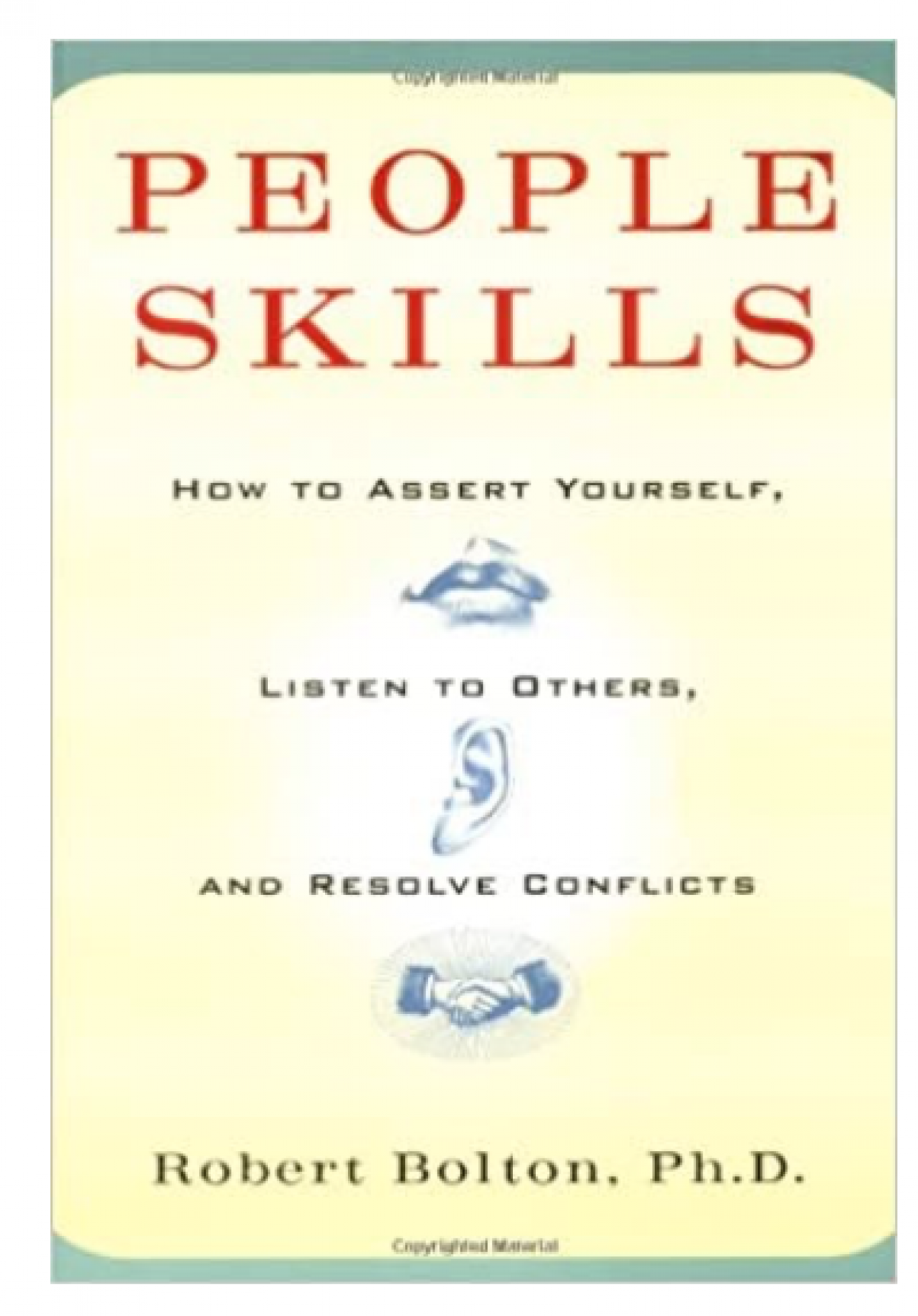
Robert Bolton is the CEO of Ridge Associates, a training and advisory firm focused on workplace relationships and interpersonal skills development. He previously developed training programs for the New York State Department of Mental Hygiene and also founded a mental health clinic. He wrote his second book with his wife Dorothy: "Styles of Human Behavior at Work: How to Make Bad Relationships Good, and Good Relationships Better."
Key ideas of the book:
In almost all areas of activity, we need communication skills. Moreover, it is often the ability to interact with people that determines a person's success to a greater extent than professional competence.
The main barriers to effective communication are judgments and advice, which manifests itself in the expression of an opinion that has not been asked about, or worse, in criticism and labeling. We criticize because we think we need to be honest, and we label it because we feel the need to categorize the other person. But this prevents us from seeing the true personality of the interlocutor, and our thinking becomes blinkered.
There is a huge difference between “hearing” and “listening”. Usually, we listen to others inattentively, do not understand the essence of their words. The key to good communication is involved listening, being attentive, and demonstrating it.
The best conversation tactic is not advice or encouragement, but the use of revealing phrases. They can be compliments; encouraging phrases to talk; just silence allowing the interlocutor to speak; body language showing that you are ready to listen; paraphrasing.
Another useful technique is the reflexive responses. This is what we say, helping our interlocutors to convey to us what they really feel; what helps to understand their real problem. Example: the husband does not criticize his wife for unwashed dishes, but says: "How tired you must be."
Many people think that in order to defend their opinion, one must either behave aggressively or manipulate. But these are the wrong strategies. And the correct one is to use calm verbal statements that help focus on the result.
For everyone to benefit from communication, you need to focus not on solving the problem, but on the needs of each of the parties. Listen to what other people need.


 Posted on Sep 24, 2020 by Anna
Posted on Sep 24, 2020 by Anna


